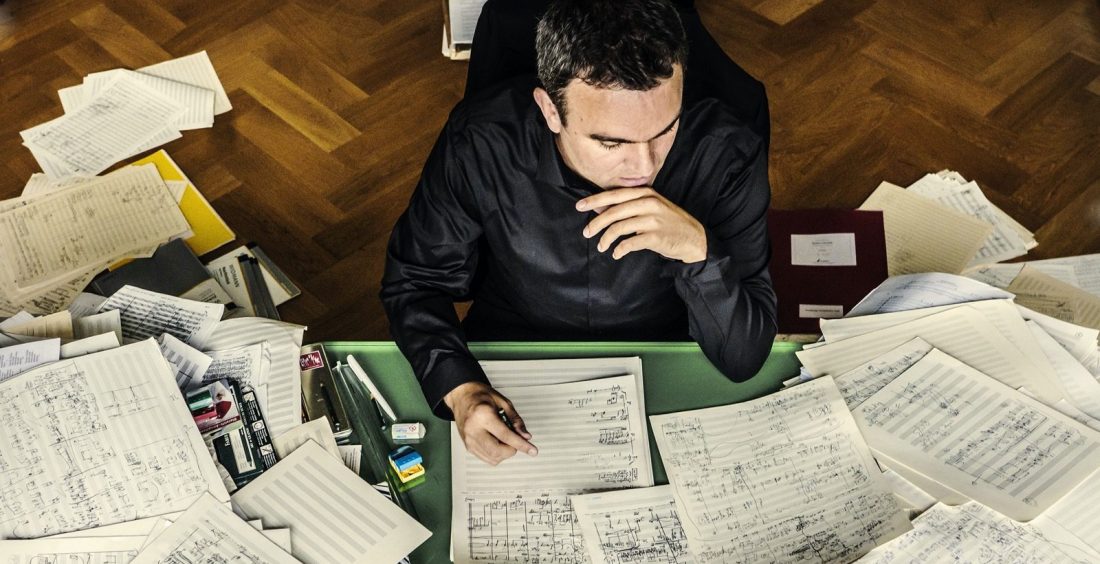Widmann & Kozhukhin
The concert will take place without an audience in the hall.
You can watch the live broadcast of the concert, as well as two dozen others, on our website for free.
Programme
- Robert Schumann: Fantasiestücke Op. 73
- Jörg Widmann: Fantasie für Klarinette solo
- Jörg Widmann: Elf Humoresken
- Carl Maria von Weber: Grand duo concertant op. 48
Performers
- Jörg Widmann – clarinet
- Denis Kozhukhin – piano
Watch now!
This concert is held with the financial support of the Czech-German Future Fund

Artist-in-Residence
The second of three concerts given by the Artist-in-Residence of the 76th edition of the festival, German clarinetist and composer Jörg Widmann, allows us a look into his vibrant musical world. “The programme for his appearance with pianist Denis Kozhukhin incorporates music by Widmann favourites, Robert Schumann and Carl Maria von Weber, along with two examples of his own work which are influenced by the music of these Romantic composers,” says Programme Director Josef Třeštík.
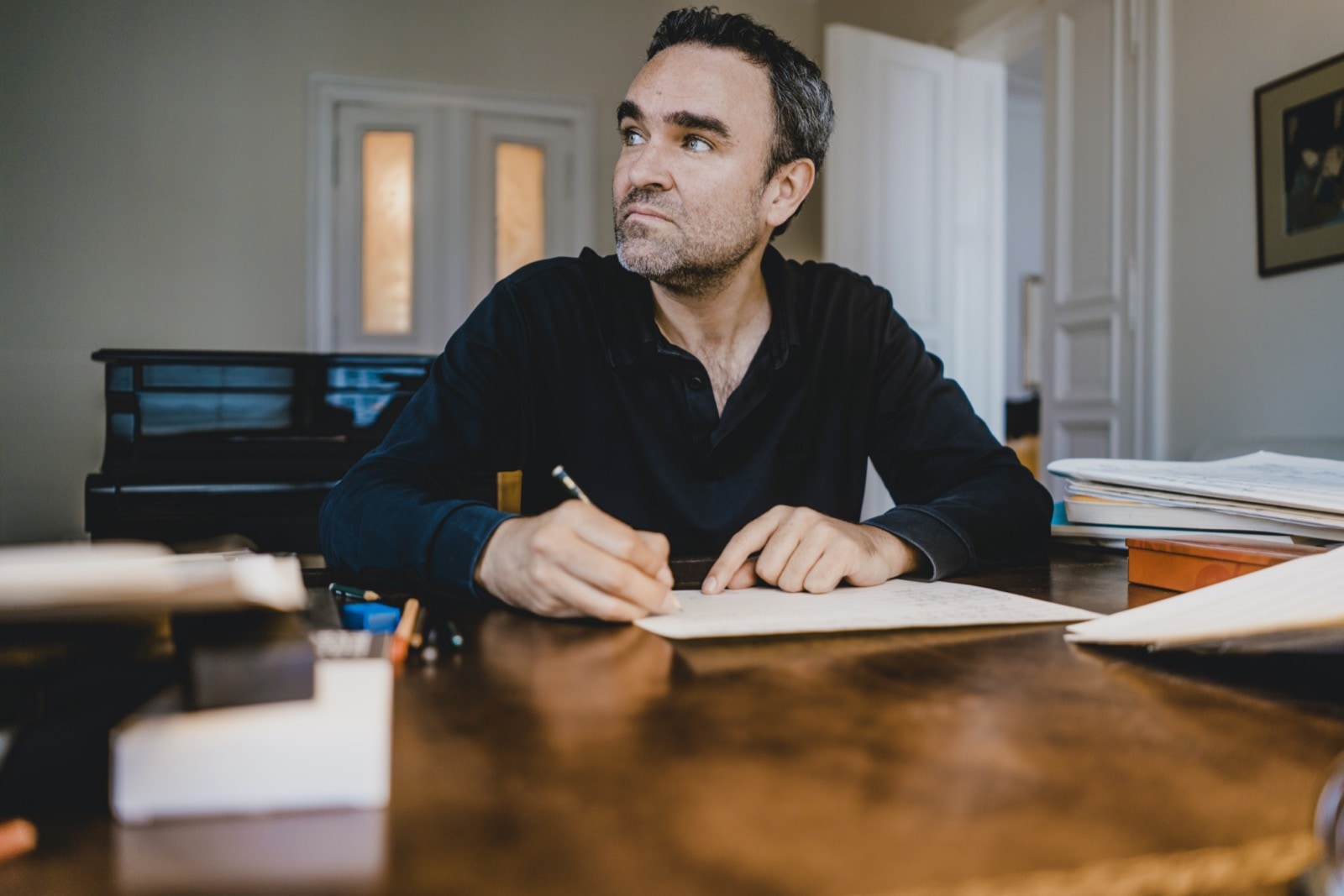
Pushing the players to their limits
Robert Schumann (1810-1856) was fond of the title Fantasiestücke (Fantasy Pieces), and he used it for several of his works. The poetic designation supports the fundamental Romantic notion that creative expression is the product of the artist’s unconstrained imagination. Moreover, the connotations of “fantasy” justify the rapid, often impulsive changes of mood. The three compositions within Fantasiestücke Op. 73 are indicated as follows: I. Tender and with expression; II. Lively, light; and III. Quick and with fire. The pieces, played without interruption, are changeable in both their outward and inner expression: the first in A minor begins with hints of melancholy but ends with a sense of resolution and hope; the second in A major is playful and positive; the final piece, again in A major, is driven into a sudden frenzy of passion, bordering on the irrational, as Schumann gives the indication “schneller und schneller” (faster and faster) and mercilessly pushes the players to their limits: they can only draw breath when the last piece ends exuberantly with a triumphant close.
Jörg Widmann
Fantasie for Solo Clarinet, which Jörg Widmann wrote for himself at the age of nineteen, is founded on the characteristic romantic euphoria of youth, if with the addition of ironic allusions to popular clarinet articulation in dance, klezmer and jazz music. “Fantasie for Solo Clarinet is my first real piece for my own instrument, the clarinet. With its eccentric virtuosity and its cheerful, ironic fundamental character, it reflects the experience with Stravinsky’s Three Pieces for Solo Clarinet of 1919 and the tonal innovations which did not appear in music before Carl Maria von Weber’s notation for the clarinet, and takes them further in a new way. It is a little imaginary scene uniting the dialogues of different people in close proximity in the spirit of the commedia dell’arte.”
Conveying the spirit of Robert Schumann, Widmann’s Eleven Humoresques usher in the essential mood of this cycle of short piano pieces, which alternate Romantic expression with the contemporary musical idiom, as the composer indicates in his introduction and guide to the interpretation of the work: “I hope the performer will discover the characteristic tone of each piece and express this with a touch of mockery here, a dry touch there, and a touch of melancholy, yet always with humour and subtlety.” The premiere of Widmann’s Humoresques was held in New York’s Carnegie Hall on 4 May 2008 and performed at the piano by Yefim Bronfman, to whom the piece is dedicated.
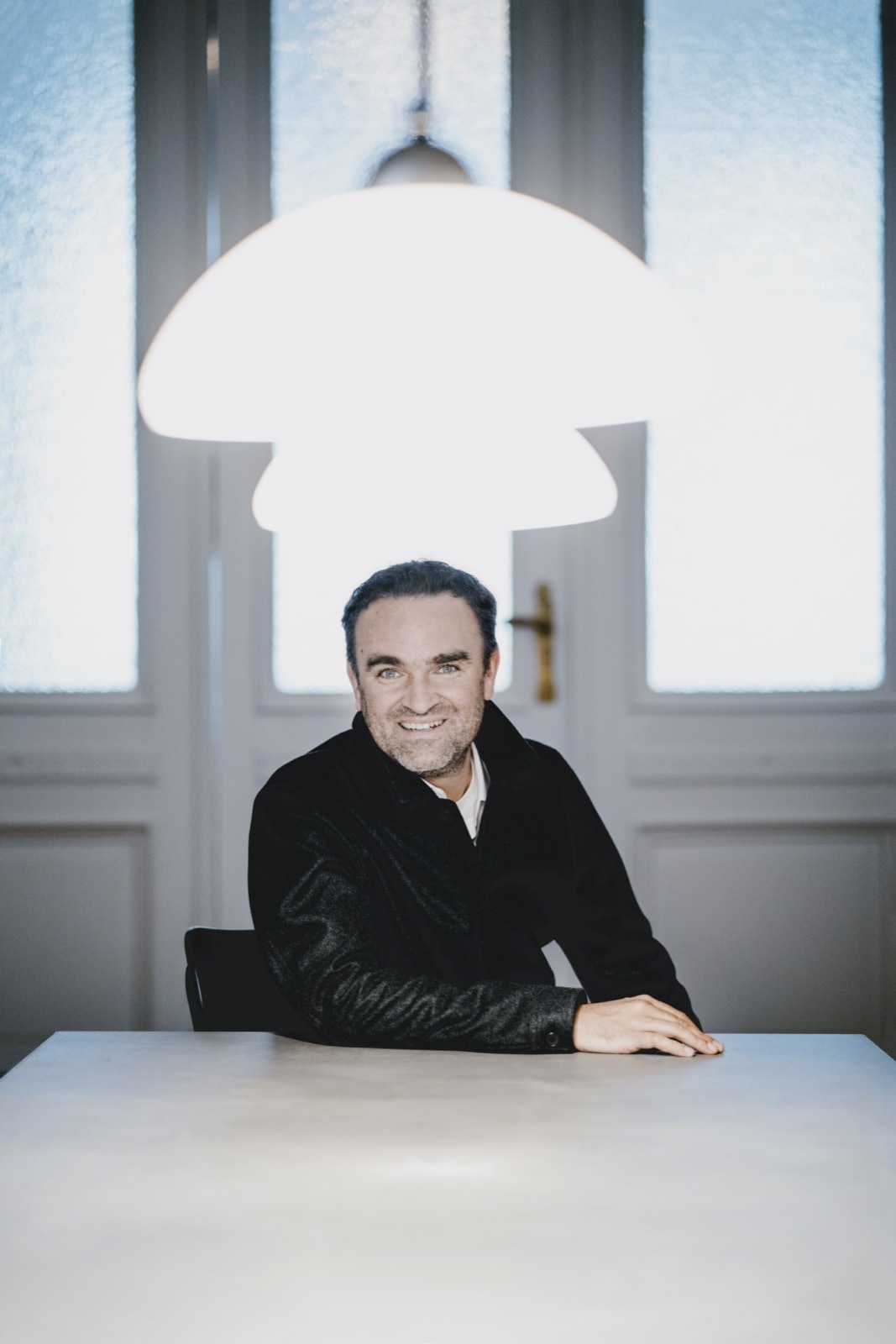
Double concerto without orchestra
Carl Maria von Weber (1786-1826) wrote Grand duo concertant Op. 48 in the years 1815-16, probably for himself and his friend, the clarinetist Heinrich Bärmann, although it is occasionally thought that the intended clarinetist was Johann Simon Hermstedt. The first movement Allegro con fuoco is written in sonata form, which is followed by the Andante in C minor and the finale, a spectacular rondo in E flat major. Two parts of the work, Andante and Rondo, were performed independently in 1815 at the Nymphenburg Palace in the presence of King Maximilian I Joseph of Bavaria, which led to the general assumption that Weber penned the introductory sonata-form Allegro con fuoco after the second and third movements. The British music critic John Warrack suggests that Weber’s Grand duo concertant could be referred to as a “double concerto without orchestra,” given the highly virtuosic parts of both instruments, in all respects surpassing the period requirements for players’ technical and musical skills; they remain the acid test of clarinetists and pianists to this day.

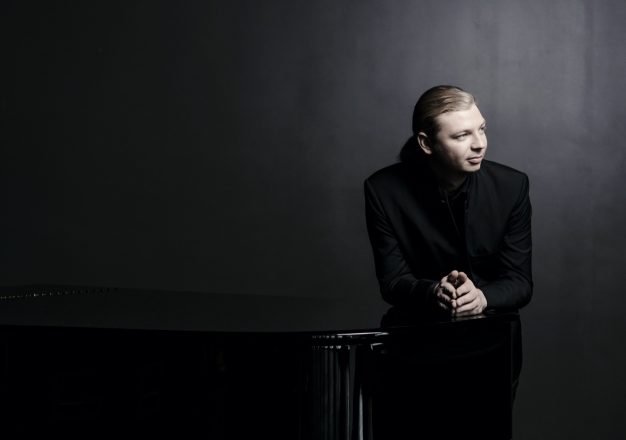
Denis Kozhukhin
A native of Nizhny Novgorod, Denis Kozhukhin enjoys a reputation as one of the finest pianists of his generation. Winner of the celebrated Queen Elisabeth Competition in Brussels (2010), he regularly works with leading orchestras such as the Royal Concertgebouw Orchestra in Amsterdam, the London Symphony Orchestra, Staatskapelle Berlin and the St Petersburg Philharmonic.
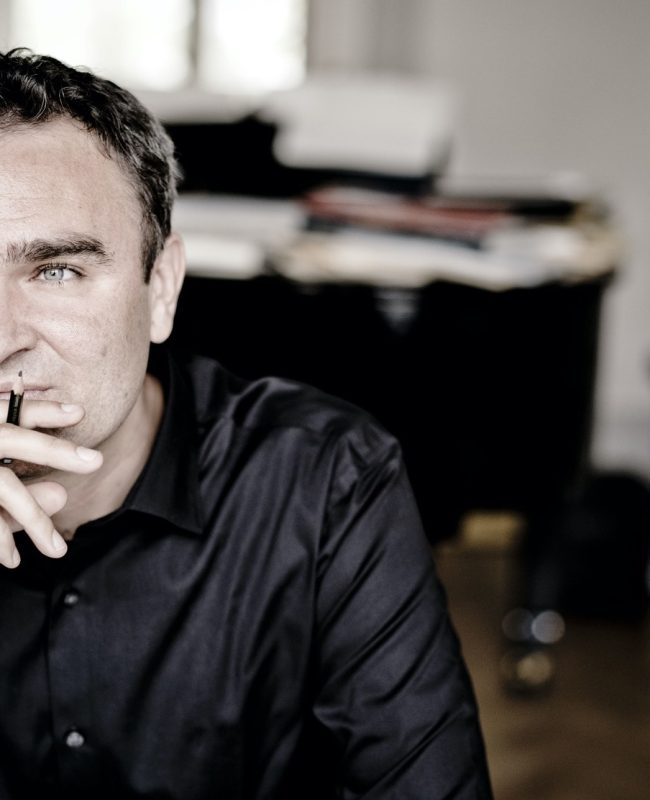
Artist-in-Residence Jörg Widmann
“It’s a great honour to be asked to assume the role of Artist-in-Residence at the Prague Spring. I’m delighted to accept it,” says German clarinetist and composer Jörg Widmann. “My work has taken me to virtually all the world’s music centres, but never to Prague, the city coveted by all those who love literature and music.” Widmann’s residency will include three concerts highlighting favourite composers who were key to his composition work, and featuring examples of his own music.


